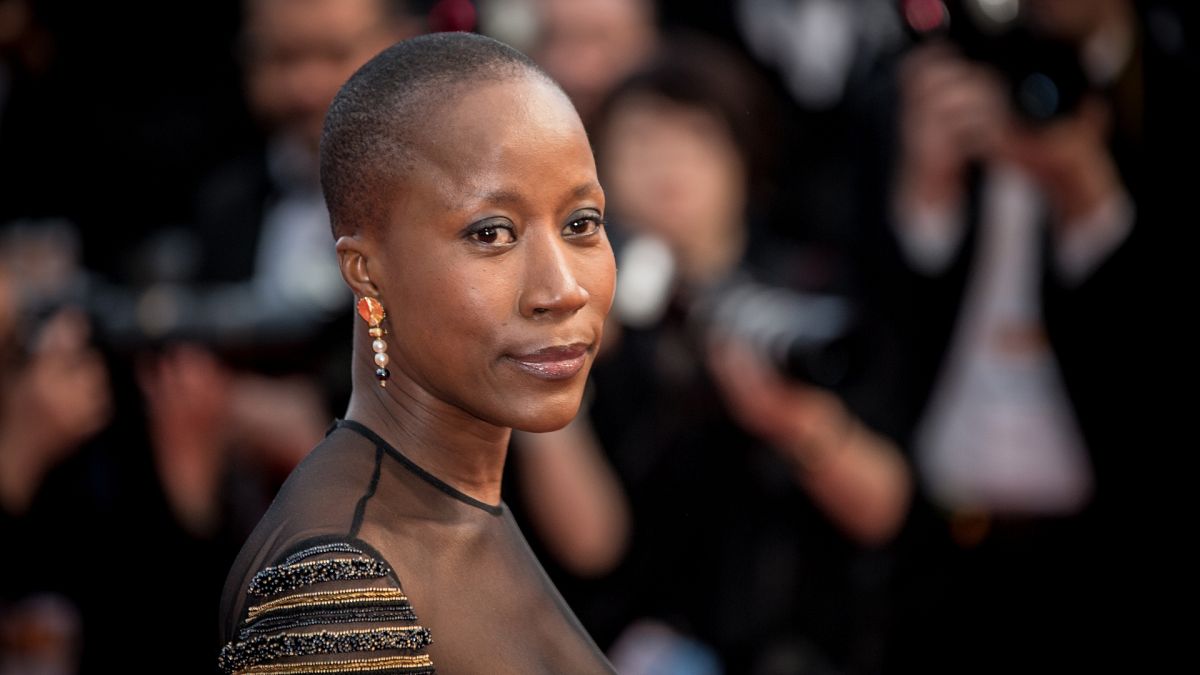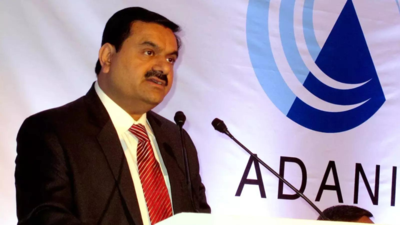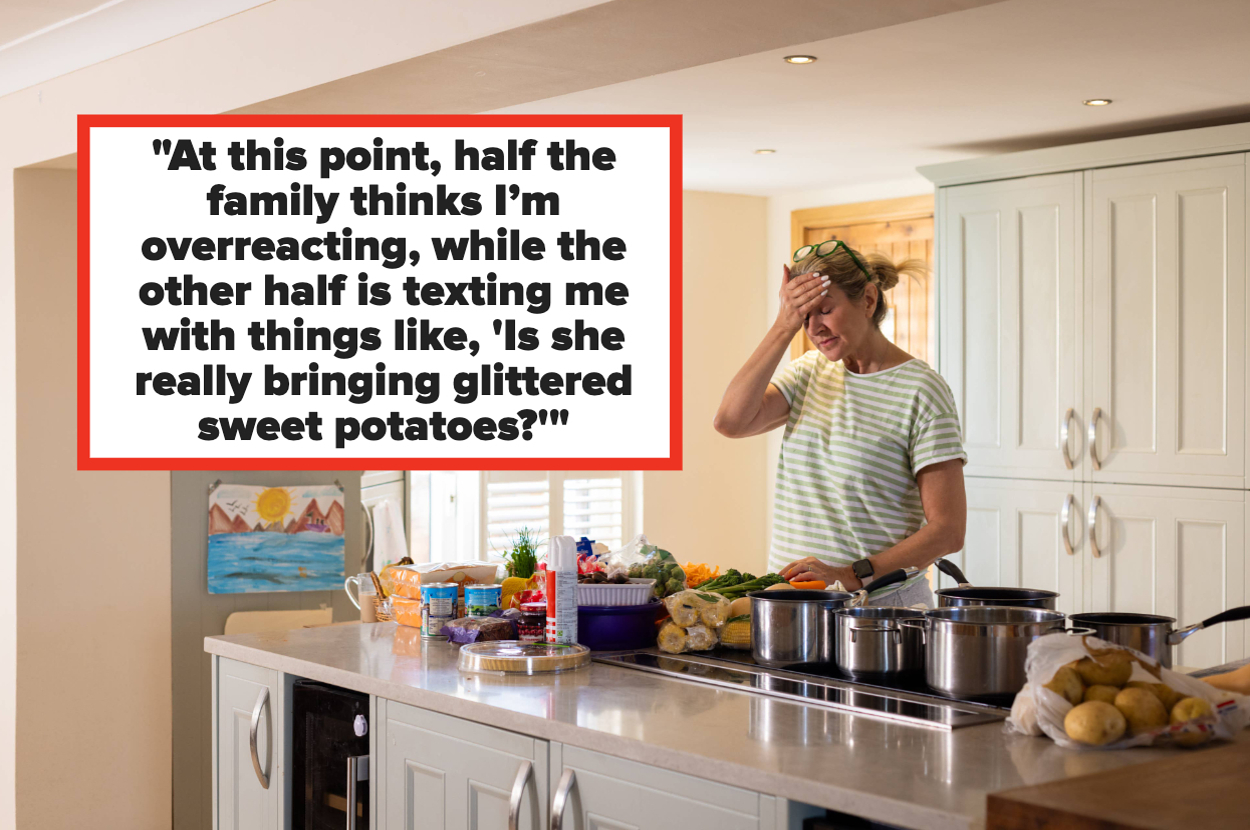On National Day for Truth and Reconciliation, it’s important to reflect on how far we’ve come and how far we still have to go. June 2025 will mark 10 years since the release of the , and for me, it will also mark a decade of advocacy for urban Indigenous rights. This journey has been deeply personal, interwoven with my family’s history and the challenges faced by many Indigenous people living in urban spaces.
My own path to understanding began unexpectedly in Oakville. A community member mentioned an Indigenous centre opening at the local college, and my curiosity led me there. With coffee in hand, I stepped into the space that would shape my life’s work — advocating for the belonging my ancestors never knew.
Oakville, where I’ve lived for decades, has been my home since I was 19. Back then, working at a local Scottish pub, people would ask, “What nationality are you?” “Native Indian,” I’d respond confidently, but that answer was often met with skepticism. My father, Gord, told me stories about Indigenous people forced to hide their identity.
He passed away at 52, lost to alcoholism in a society that didn’t accept him. His struggle ignited my determination to understand our history, the forces of colonization that shaped it, and my own identity. Today, I stand as an urban Indigenous woman, proudly Cayuga from my father’s lineage.
Connecting with my great-grandmother’s family from Six Nations of the Grand River has given me strength. I co-founded , .


















